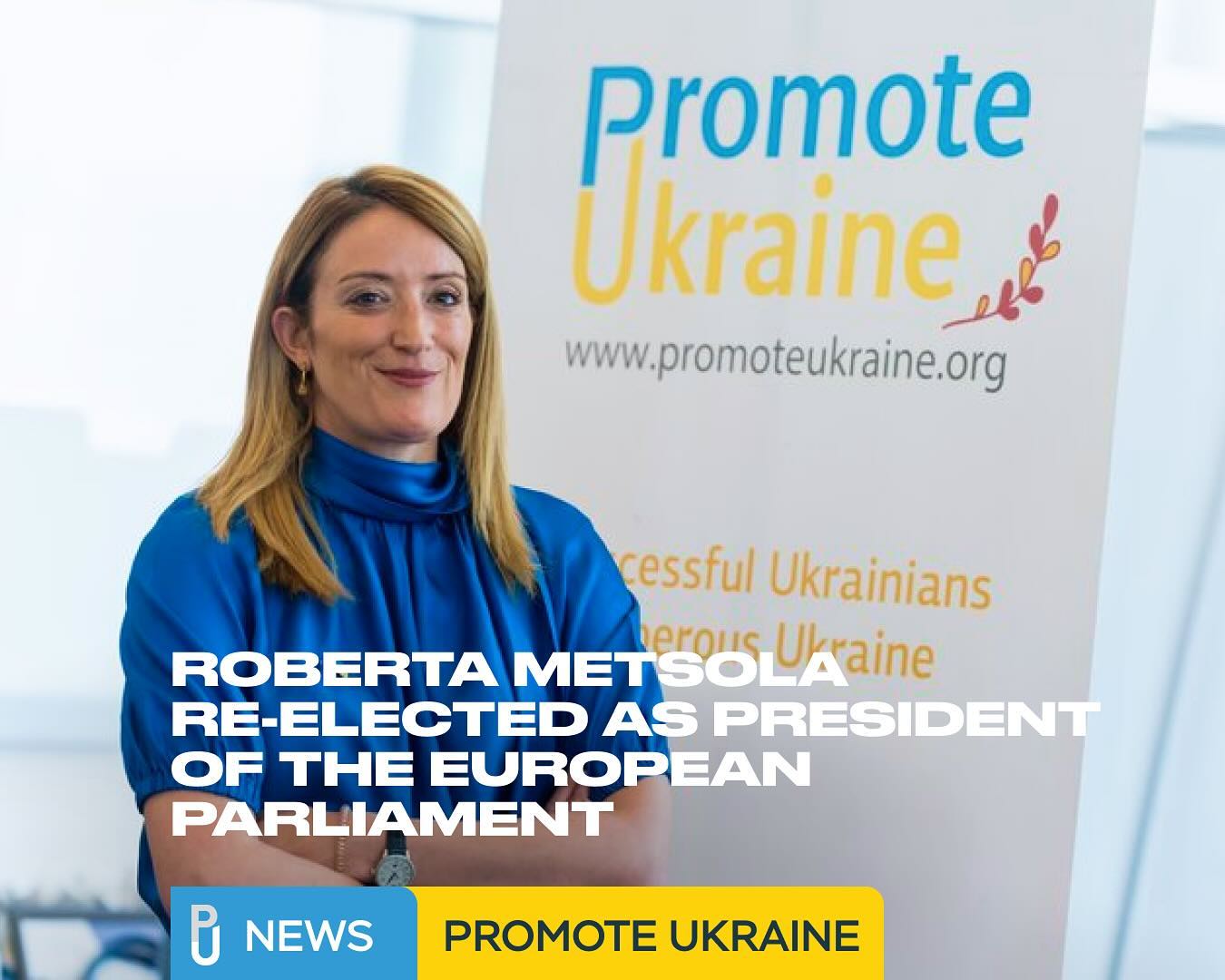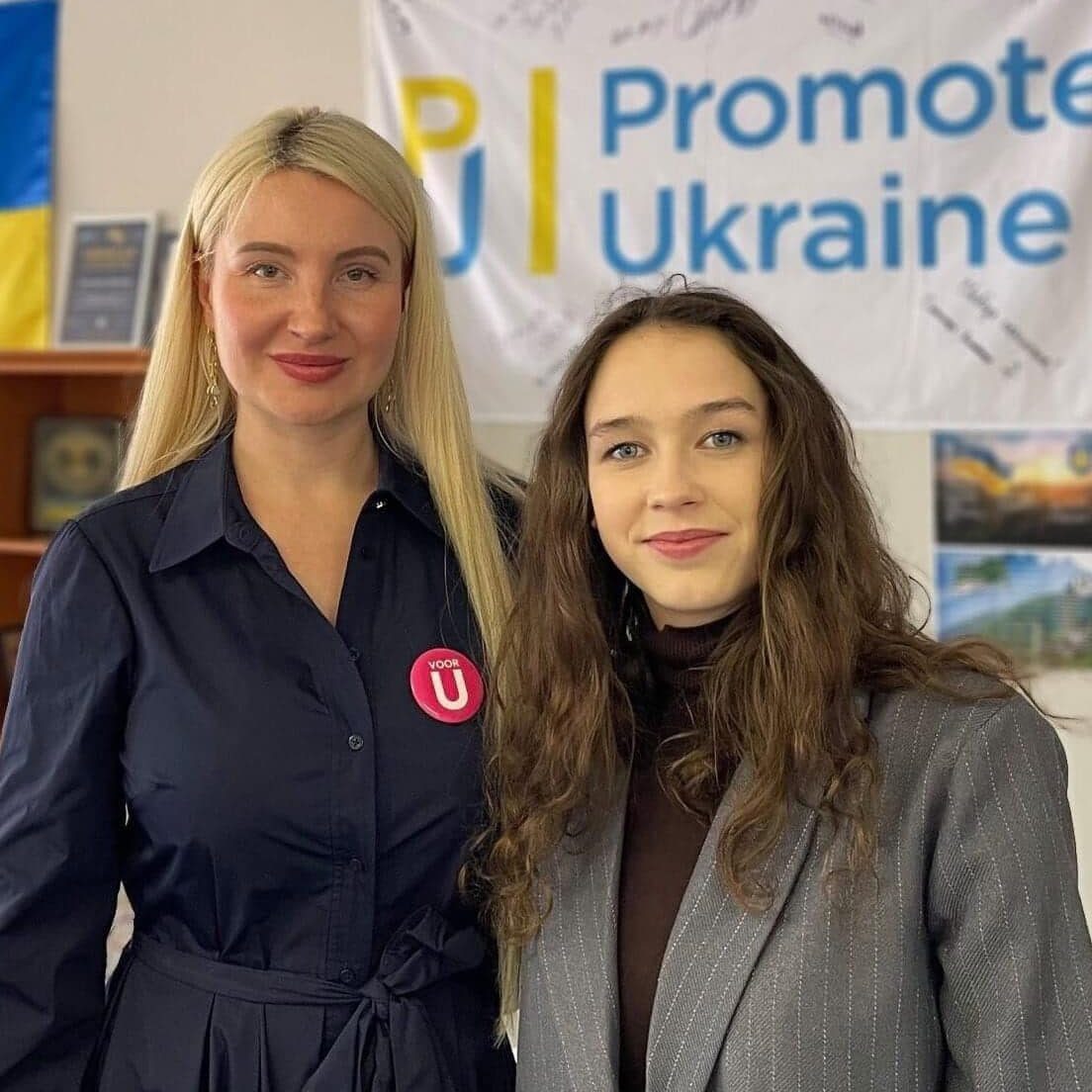In August 2018, Russian President Putin made headlines by dancing arm-in-arm with Austria’s Foreign Minister Karin Kneissl at her wedding. The “friendliness” of Austria’s politicians with Russia is no coincidence – it is a result of Russian long-term influence operations over Austrian institutions, one of which is the Ministry of Defence
This is a report about Russian influence over Austria. There, an NGO with shady financing, suspected money flows to the right-wing populist Freedom Party, and an overtly pro-Russian agenda has become a portal for the projection of the Kremlin’s soft power upon the Austrian Armed Forces.
Funded by the Austrian Ministry of Defence and a gambling company, it has managed to get the country’s National Defence Academy involved in the activities of the Valdai Discussion Club, a propaganda stage of the Kremlin, and the Dialogue of Civilisations, a think tank founded by a close associate of Russian President Vladimir Putin — with all ensuing consequences for Austria’s security policy.
The report was written by the Alliance for a Stable Democracy – a collective of authors who desire to remain anonymous. Euromaidan Press has verified the identity of one of the authors — a trusted specialist in the field — and is publishing the report because publicising this in-depth analysis of Russian influence in Austria is in the public interest.
Abstract
This report investigates the attempted – and partly “successful” – Russian influence in the Austrian Ministry of Defence as well as in organizations in its “entourage.”
It starts with the Vienna-based Institute for Security Policy, or ISP, which since its inception has been located in a law firm. The attorney-at-law there acts himself as president of the ISP, whose only other employee is a young Austrian lawyer of ethnic Russian origin.
Especially since 2018, the sources and use of ISP’s financial means have attracted the interest of various media in Austria and Germany – and also that of the Austrian Office of the Public Prosecutor for Economic Affairs and Corruption. The ISP is one of those private associations that has been or is being checked for possible hidden money flows to political parties, in particular to the Freedom Party of Austria.
In the meantime, it is undisputed that the gambling company Novomatic and the Austrian Ministry of Defence generously funded the ISP. While this is not illegal, it is undoubtedly completely unusual internationally and raises numerous questions about the background and reasons. Many of them are discussed in this paper.
An analysis of the ISP’s activities yields clear results: it has a highly pro-Russian agenda. Despite this – or perhaps precisely because of it – its only employee was used for years by the Austrian Ministry of Defence in general and by the National Defence Academy (the supreme education and training institution of the Austrian Armed Forces, the Bundesheer) in particular as an author and “specialist” on Russia.
The ISP‘s “expertise,” however, is “non-existent” to the point of embarrassment; the Ministry of Defence constantly disgraced itself with this cooperation. The main blame for this lies with the management of the National Defence Academy, which cooperated with the ISP and its staff for a long time and still clings to it today. And at no time had this management truly countered Russian attempts at “influence.” This is shown, among other things, by the fact that it opened the Academy to Vladimir Yakunin, a personal friend of Russia’s President Vladimir Putin. And the Academy, via the ISP, got involved in the activities of Valdai Discussion Club, a propaganda stage of the Kremlin.
Furthermore, the report examines the place of the Academy in the ISP‘s network and considers the role of Yakunin’s Dialogue of Civilisations Research Institute, of the (now defunct) German payment service provider Wirecard, and some aspects of the activities of the Austrian-Russian Friendship Society.
Introduction
According to the Austrian weekly magazine Profil, the Vienna-based Institute for Security Policy (Institut für Sicherheitspolitik, or ISP) was founded in November 2016; however, on its homepage, it claims that it was not founded until 2017. It is undisputed, however, that it was and is located in the Vienna-based law firm of Markus Tschank. Tschank himself acts as president of the ISP, whose only other employee is the lawyer Alexander Dubowy.
On 11 March 2020, the Austrian Federal Criminal Police Office (in German: Bundeskriminalamt) conducted a house search at Tschank’s law firm. The ISP’s “infrastructure” there proved to be very sparse: Dubowy’s “workplace” is a small desk with a computer in a corner of the meeting room. The investigators asked the secretary and a trainee lawyer to present to which extent the ISP actually uses the office premises. The latter claimed to have seen Dubowy at the office “about once a month.”
The full report can be read at Euromaidanpress.com






 UA
UA FR
FR DE
DE




